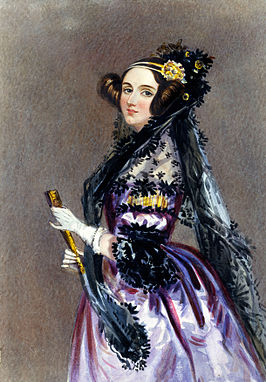Policy
The QSC is strongly aware that women and ethnic minorities are historically underrepresented in our research community, and that its diversity is not representative of the make-up of our society. This is reflected in the gender balance of the QSC as well, where only 1/6 of the main applicants, and a similar 15% of the other co-applicants, are women. The QSC will pursue an effective policy aimed at improving the gender balance and at a fair representation of ethnic minorities. Clearly, hiring decisions at tenure-track level represent a crucial opportunity for long-term improvements in the gender and diversity balance of the scientific community in this field.
The Gender & Diversity council will ensure that, throughout the QSC talent plan, the QSC will actively scout for female talent and researchers from underrepresented minorities. The council will be represented in the search committees for all seven tenure track positions, and guard that every effort is made to enhance diversity through the decisions there taken.
Members of the Gender & Diversity Council are:
Prof. dr. Vedran Dunjko (Leiden University)
Prof. dr. Monique Laurent (CWI)
Prof. dr. Kareljan Schoutens (QuSoft, University of Amsterdam, chair)
Prof. dr. Barbara Terhal (QuTech, Delft University of Technology)
One of the QSC initiatives on gender balance is to create a program of prestigious 3-year fellowships, called Ada Lovelace postdoctoral Fellowships, which will be reserved for hiring talented female researchers. See Open Positions.
Ada Lovelace (1815-1852) was an English mathematician and writer, often regarded as the first computer programmer. She wrote the first computer algorithm (a method for calculating Bernoulli’s numbers) and made further predictions about computers’ abilities.
